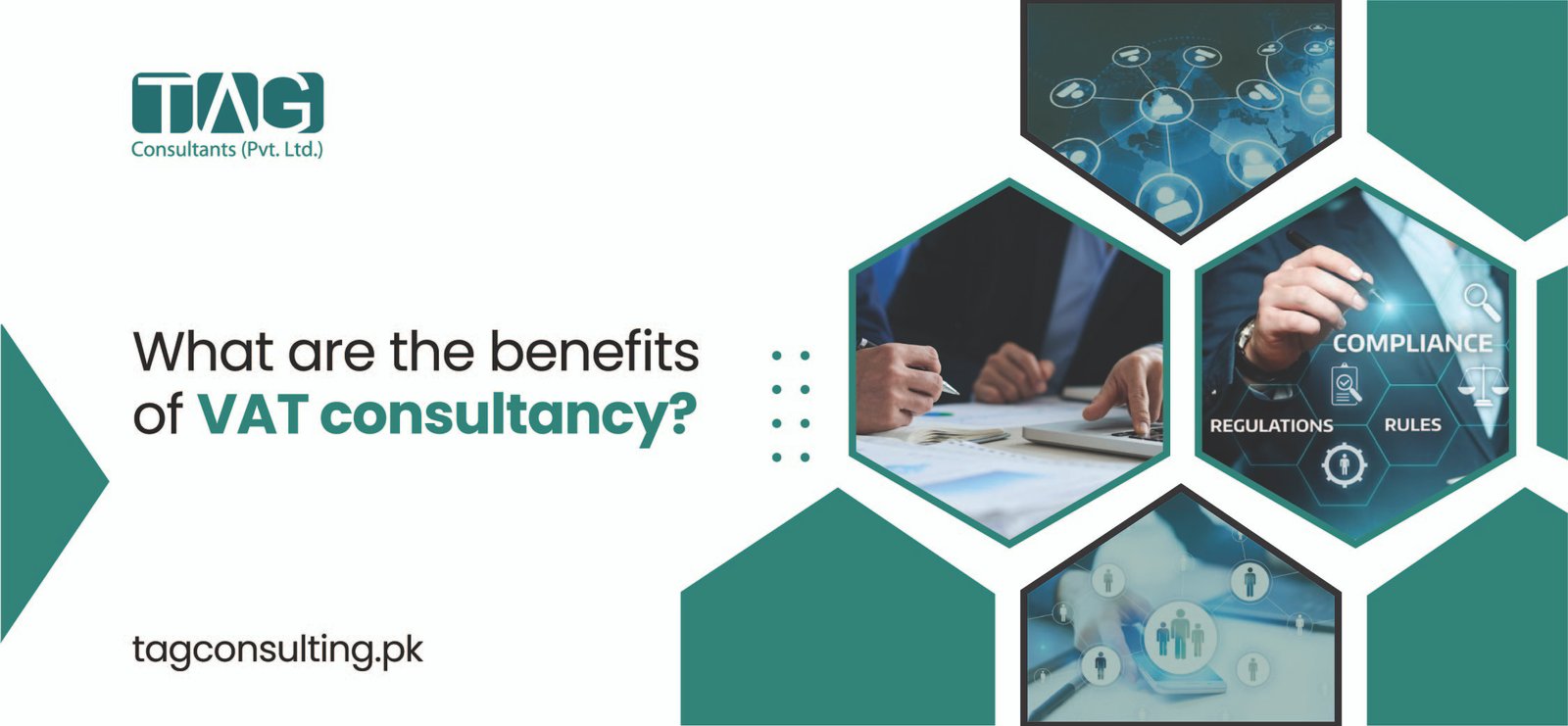Blog

The Role of Corporate Governance in Risk Management
Corporate governance is the process by which a company is led and managed. It includes company rules, processes, and regulations that meet everyone’s interests. Good corporate governance helps companies identify, assess, and respond to risks.
Mismanagement, unethical behavior, and legal liabilities can all be avoided with the support of strong governance systems. More significantly, accountability and openness in decision-making foster proactive risk assessment and responsible management.
The Role of Corporate Governance in Risk Management Practices
A company’s risk management structure is incomplete without good corporate governance, which is more than simply management. When it comes to developing a company-wide risk policy, the boards of directors and top executives are important. From finance and administration to cybersecurity and compliance, they make sure the right processes are in place to monitor and manage risks.
Their primary responsibilities include the following:
- Define Risk Acceptability and Tolerance: Boards of directors need to be crystal clear about what degrees of risk are acceptable for aligning strategic objectives with the company’s capacity for uncertainty.
- Review Risk Management Policies: The best way for corporate leaders to deal with changing business risks and regulations is to approve and review policies on a regular basis.
- Supervise Internal Controls and Compliance: Supervising internal control systems that identify, avoid, and lessen risks while maintaining conformity with regulations is an important duty.
- Communicate Risk to Stakeholders: Public trust and responsibility are both improved by transparency and quick exchange of risk-related matters throughout a company.
Risk management is a must have in the corporate world. Businesses can better react to new risks and opportunities if they include governance into their risk strategy.
Governance Mechanisms That Prevent and Mitigate Risks
A variety of risk-mitigation techniques contributes to good corporate governance. These systems guarantee the alignment of strategy and performance improvement by working at multiple levels of a company.
Some of the most common mechanisms include:
- Board Committees: Financial integrity and risk monitoring are the primary areas of concentration for audit, risk, and compliance committees.
- Internal Controls: Financial reporting accuracy and compliance with applicable rules and regulations are the goals of these policies and processes.
- Whistleblower Policies: Methods where people can disclose illegal or unethical activity without the fear of punishment.
- Regular Audits: Audits of internal procedures and possible risks are conducted by third parties to guarantee responsibility.
- Risk Assessment Structures: Methods that are structured for finding, assessing, and dealing with such risks.
These systems make sure that risk control is built into the company’s governance processes, rather than being a last-minute decision.
The Principles of Corporate Governance
Basic principles that promote proper risk management are the basis of corporate governance:
1. Accountability
Clearly defines the functions and duties of everybody, including the board and senior leadership, making sure that everyone is held accountable for risk decisions and the results of the company in relation to its long-term objectives.
2. Transparency
Promotes trust, a culture of transparency, and better decisions by making risk factors, governance approaches, and decision-making procedures openly available to all partners.
3. Fairness
Defends the rights of investors and stakeholders, takes their different interests into consideration, and makes fair decisions that help the company succeed in the long run.
4. Responsibility
Promotes a culture of honesty and preventative risk management by encouraging all employees to act ethically and according to all applicable laws and regulations.
A culture of honesty and perseverance, which are essential for risk management in any company setting, can be developed through the active application of these values.
Why Is Risk Management Important in Corporate Governance?
There is no other way for companies to successfully manage complexity and uncertainty without risk management. In the context of corporate governance, it connects long-term objectives with everyday procedures. Not taking action against the financial, reputational, technological, and regulatory risks that businesses have can limit progress.
Effective risk management gives surety about:
- Sustainability: Considers the success of the company in the long run through using risk-aware methods that promote growth, flexibility, and stability.
- Regulatory Compliance: Keeps the company authentic and credible by keeping it in compliance with changing legal, industry, and ethical standards; this helps to prevent fines.
- Investor Confidence: Promotes confidence within investors by openly discussing possible risks and carrying out proper governance measures that show planning and leadership.
- Productivity: Improves internal processes through quicker threat detection and resolution, less interruption, and a better use of resources.
Companies can improve their flexibility and growth capacity while also complying with legal and ethical requirements when risk management is included into corporate governance.
Build Smarter Governance
Partners who can help companies manage uncertainty are more important than standards as risks are changing quickly. When it comes to developing risk and governance plans that are specific to their company, many companies turn to outside advisors for help.
Working with experts who specialize in this area might be really beneficial. Complex governance difficulties are made clear by experts with strong field knowledge and practical experience. They contribute to the development of systems that link risk findings throughout departments, providing decision-makers with useful information.
The way that TAG Consulting handles risk control makes it stand out in this field. They helps companies not only stay according to the law but also stay clear by coordinating governance strategies with long-term business goals. Governance becomes a selling point rather than a legal need since they prioritize best practices, industry standards, and growth.
Risk Management for Future Growth
The importance of good corporate governance in managing risk has increased with the complexity of the business environment. Strong management, including responsible leadership and visionary thinking, helps businesses prosper amid disruption. Companies can turn risk into an opportunity for growth and credibility by maintaining a culture of openness, honesty, and proactivity.
Ready to improve your business governance? Get in touch with TAG Consulting for expert guidance today!





